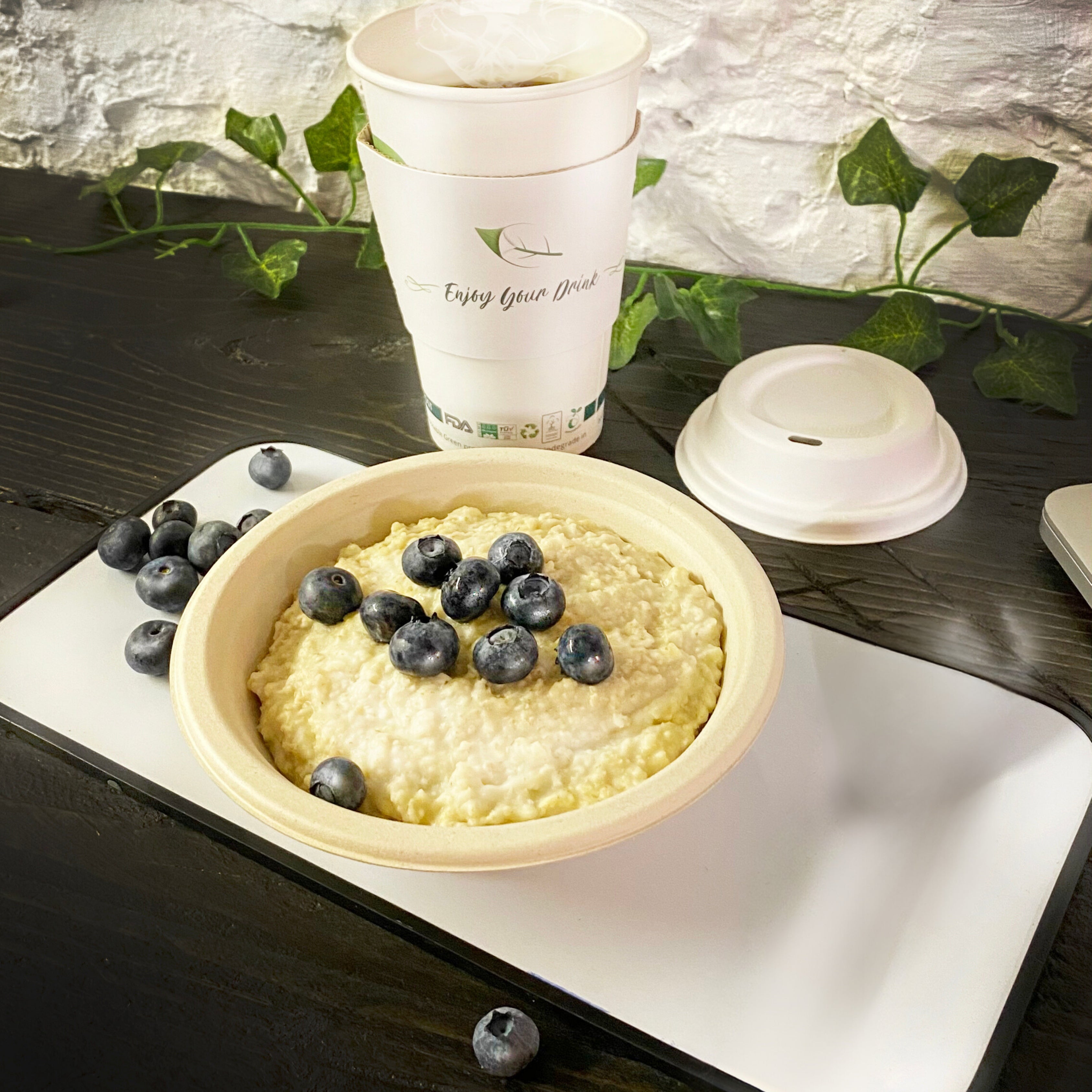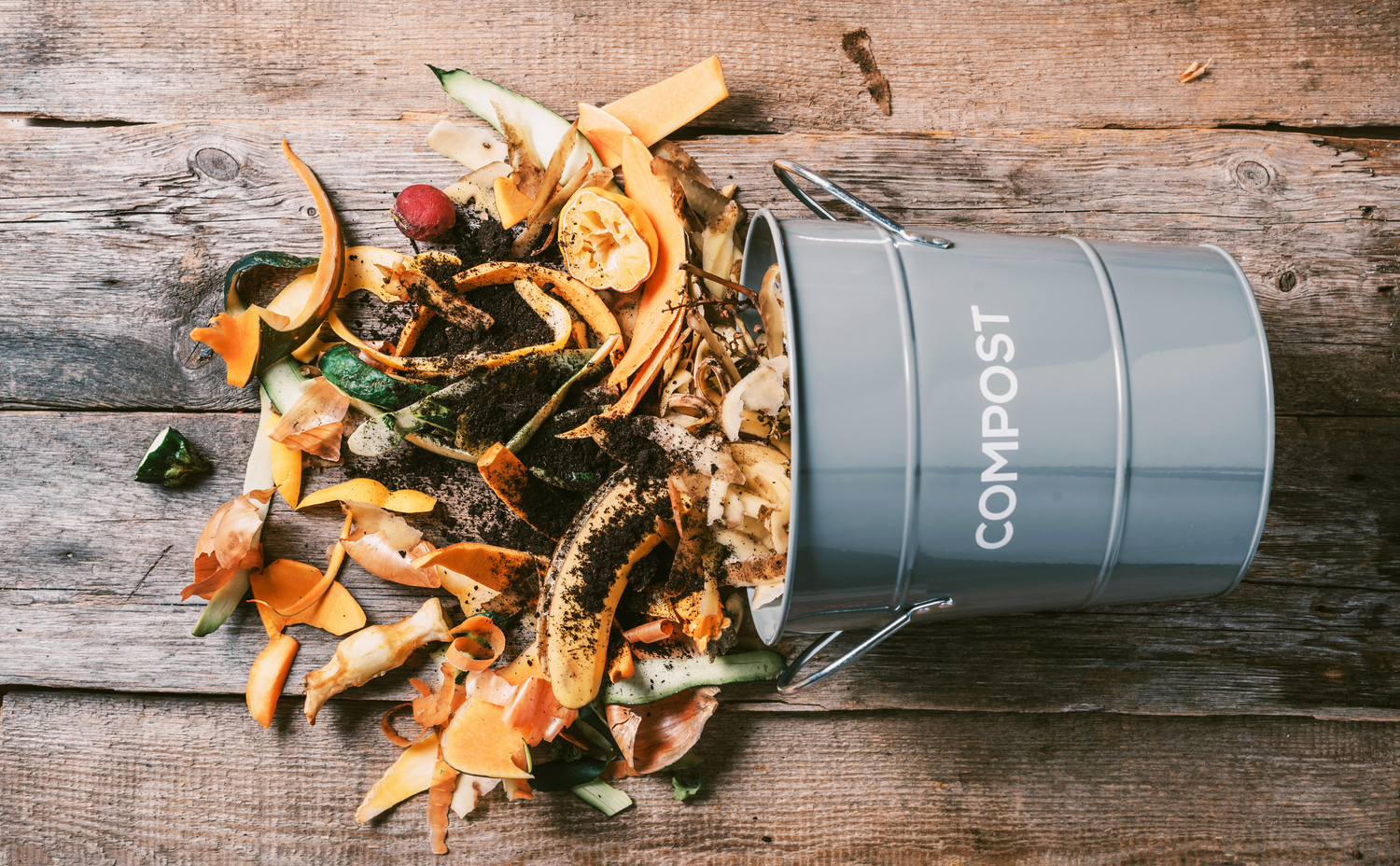As more and more companies offer compostable packaging, it’s important to know how and where to dispose of products to ensure they return safely to the earth.
Some packaging can be easily broken down in home composting systems, while others need the regulated environment of a commercial facility. So what’s the difference, and why does it matter?
What is composting?
Let’s start with a definition—composting is a process that breaks down organic matter through the use of microorganisms (fungi, insects, bacteria, and worms). This nutrient-rich compost can then be used as a fertiliser.
What can be composted?
Basically anything that comes from the ground can be composted—apple cores, potato peel, banana skin—any vegetable or fruit scrap will do.
Grains sprout from soil too, so you can throw cereal, pasta, stale bread etc. in your compost heap.
Certain packaging and natural products can be composted too. All of the Disposable Green products can be home composted.
However, products with PLA lining have to be industrially composted. This is where it’s important to distinguish between the two.

What’s the difference between home and industrial composting?
Home composting can handle small amounts of organic waste—food scraps, garden offcuts, cardboard etc. Composting occurs over a couple of months normally in a compost barrel, or a home compost bin. This is a fantastic way to dispose of things naturally.
But the conditions and temperatures for home composting can’t break down PLA bioplastic products.
That’s where industrial composting comes in—industrial composting takes place in a mass facility with measured inputs of water, air, as well as carbon and nitrogen-rich materials. They can process large volumes of waste more quickly and efficiently than home composting.
However, industrial composting is not as sustainable as home composting. Here’s why:
Industrial vs home composting
Despite most councils offering a food waste collection service, industrial composting facilities often refuse to compost products.
Why? The UK is not equipped to compost high volumes of biodegradable packaging. There are only 170 industrial composting facilities in the UK, and many won’t accept bioplastics and other biodegradable materials (like PLA lined products) as they are seen as a contamination risk. Therefore, many ‘compostable’ products end up in landfill.
If these products require industrial composting, they can’t decompose naturally, and so they add to the huge waste problem.
Furthermore, running an industrial composting facility requires a large amount of energy. So industrial composting is not as sustainable as home composting.
If you’re looking for truly sustainable packaging or products, you want to look for home compostable products, not PLA lined products.
Our products are 100% home compostable. And even if they ended up in landfill, they would naturally compost. So, whatever happens they will end up in nature.
CTA: Check out our new natural product ranges here.






















